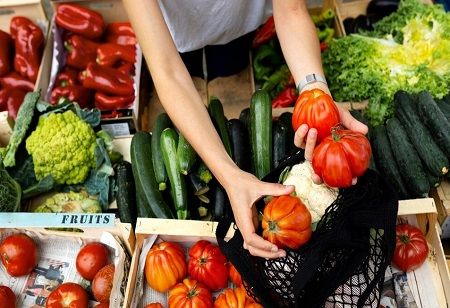
Against the backdrop of a fierce trade war and rising protectionism, the Ministry of Industry and Trade, along with the Ministry of Agriculture and Environment, has expressed a long-term vision for Vietnam's products in agriculture, forestry, and fisheries. This vision requires a strategic transition towards varied export markets, supported by a dedication to improved product quality as a crucial factor for discovering and leveraging new market possibilities.
As per the Ministry of Agriculture and Environment, Vietnamese agricultural goods are affected by adverse influences from shifts in the supply chain and harsh, one-sided tariff policies from leading nations.
Nonetheless, this also provides Vietnam with a chance to modify its export approach by focusing on new and developing markets. Southeast Asia, especially, continues to be a favorable market for agricultural exports. In 2024, Vietnam's largest rice importer became the Philippines, acquiring about 3.6 million tons—accounting for 40 percent of the nation's overall rice exports.
Vietnamese agricultural products like rice, coffee, and seafood have gained from promised tariff incentives, creating numerous opportunities for these goods to access this market. In 2024, Vietnam's overall export revenue to the EU is projected to reach US$51.7 billion, marking an 18.5 percent rise from 2023.
Vietnamese agricultural exports, taking advantage of tariff benefits and consistent consumer demand, play a major role. Moreover, the exceptional quality and appeal of Vietnamese rice, coffee, tropical fruits, and pepper have turned Japan and South Korea into desirable markets for these goods.
Deputy Minister of Agriculture and Environment Phung Duc Tien stated that lately, the ministry has persistently advised companies on the significance of growing their market in the Middle East and Muslim nations. This represents a strategic approach in response to the rising need for agricultural goods in these nations, particularly processed food items, fruits, and seafood. In the context of the current fierce trade war and increasing protectionism, the Ministry of Industry and Trade noted that expanding exports to emerging markets will help Vietnam reduce its dependence on traditional markets such as China and the US, which are being affected by the trade war. Though these growing markets offer numerous opportunities, the country also faces significant challenges.
We use cookies to ensure you get the best experience on our website. Read more...